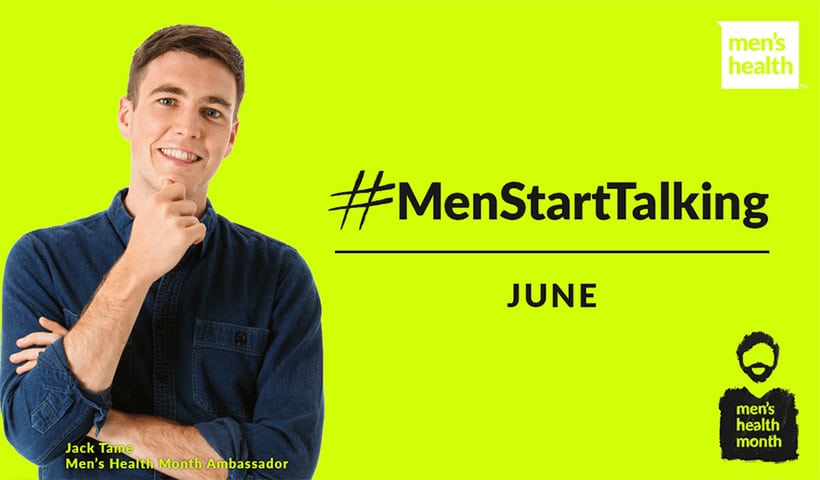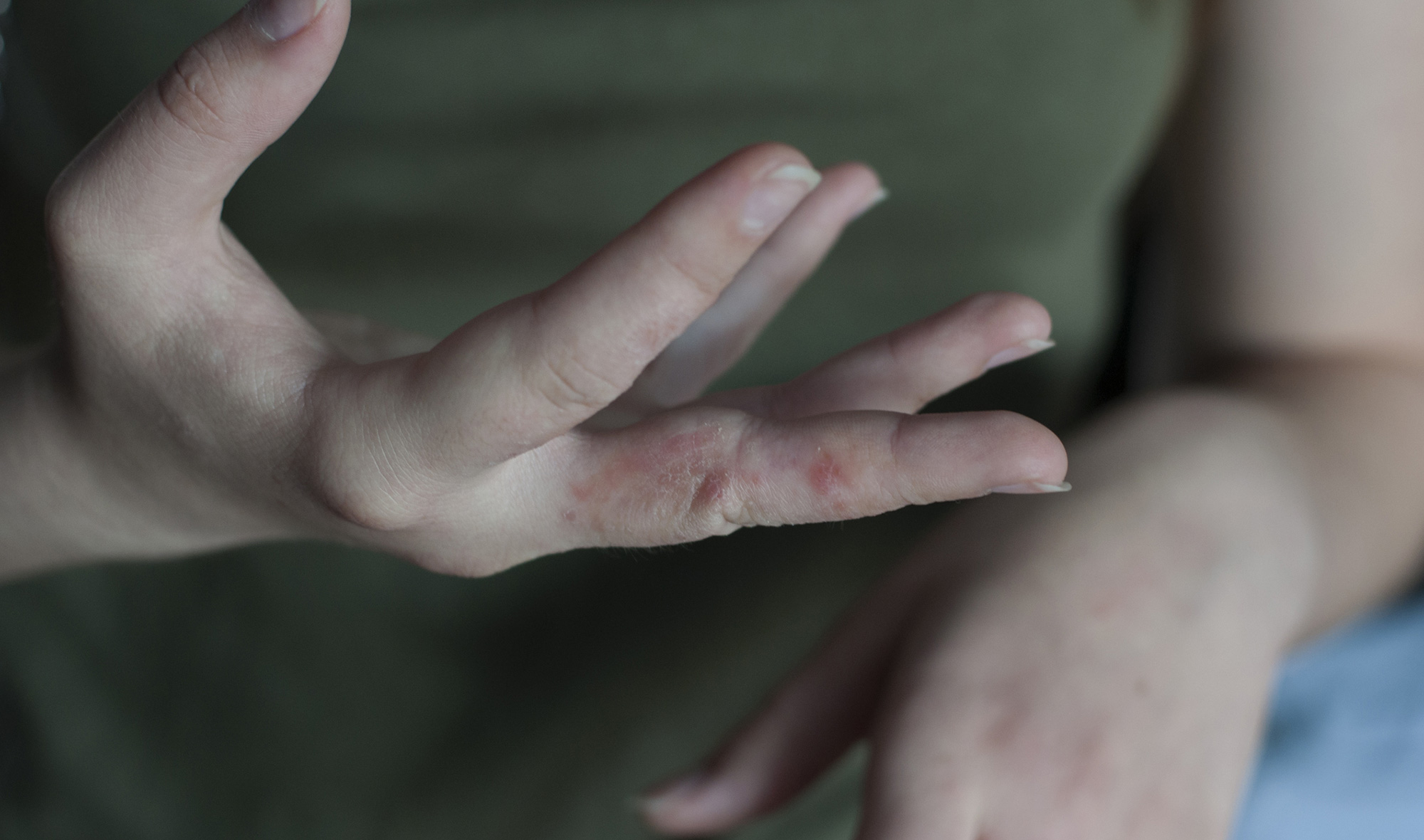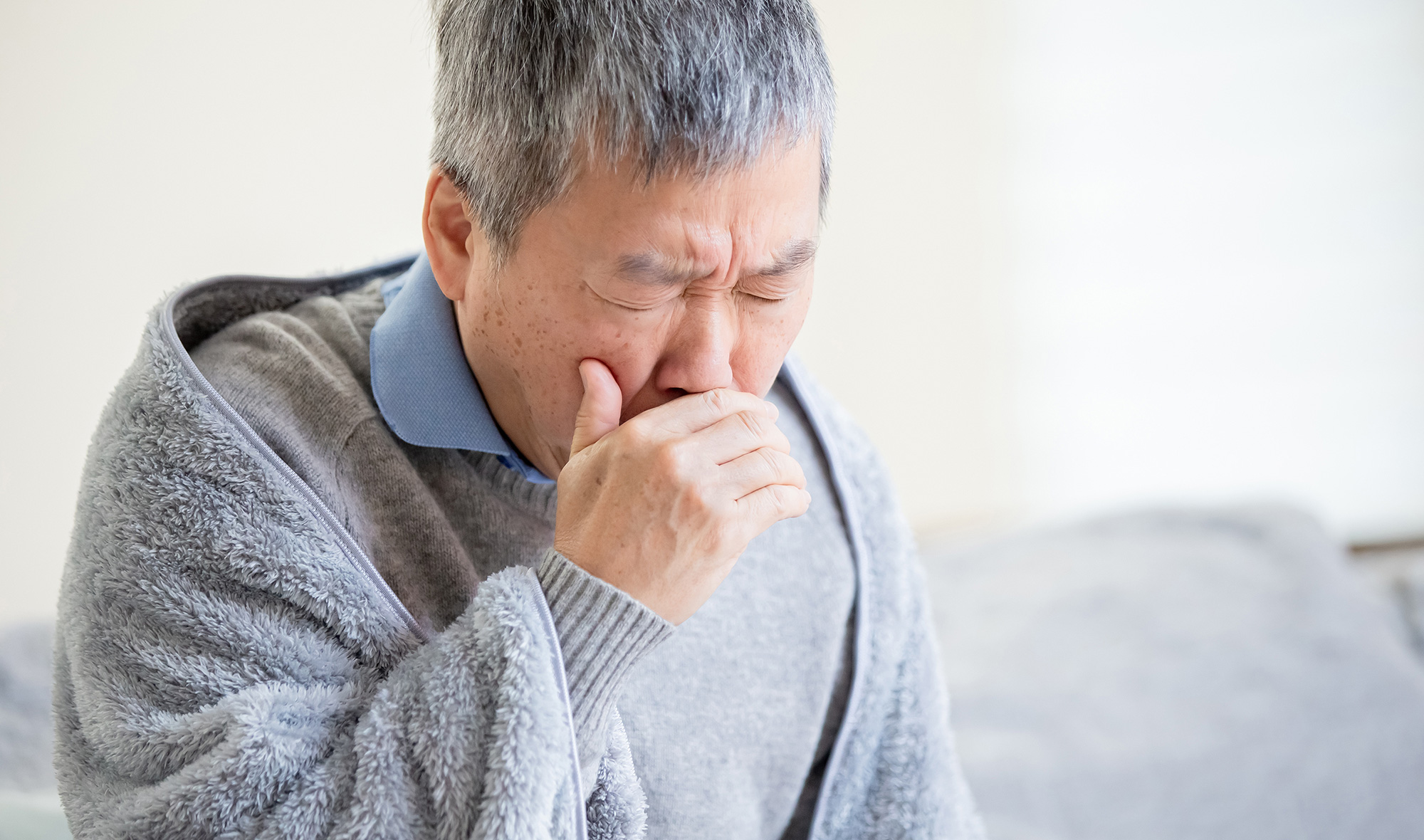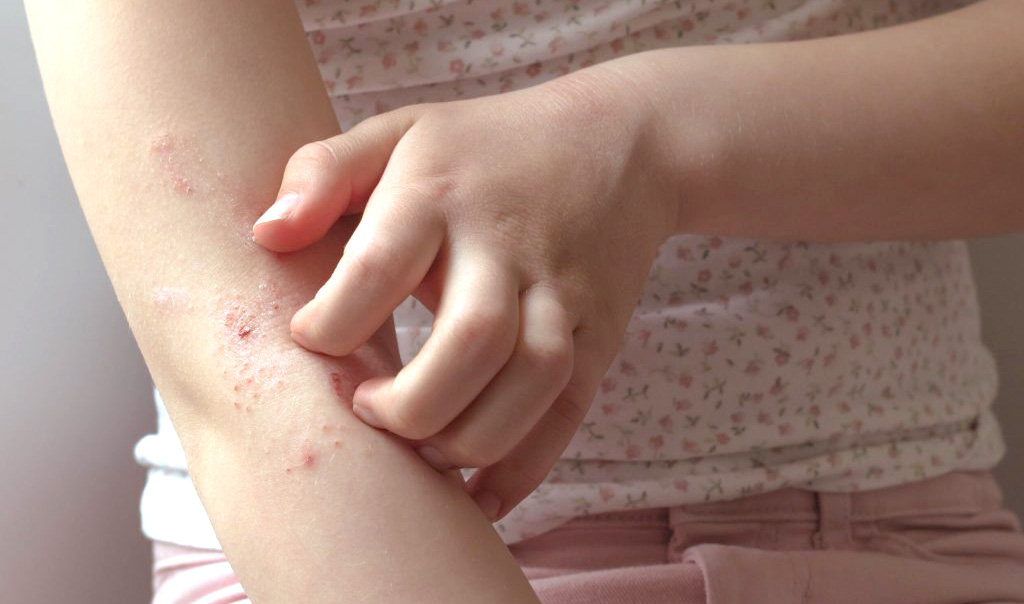What is an eating disorder?
Eating disorders may be tied up with body image but equally may be a response to stress including sexual, physical and emotional abuse. Feelings of inadequacy, despair, sadness, loneliness or depression may be reflected in an eating disorder.
Eating disorders are complex illnesses and two main types are recognised. In the first, food is severely restricted, as with anorexia nervosa. The second is a bulimic form in which the effects of overeating are combated by vomiting, fasting, excessive exercising or purging. For a sufferer, the eating disorder will control their life and prevent the enjoyment of meals with friends or family; they may change behaviour and become physically and mentally affected to the point of serious illness. About 90% of those affected are young women, often adolescents, however this is also an increasing problem for men.
Types of eating disorder
Anorexia nervosa:
- Distorted perception of body shape (self-image of being fat even when extremely thin)
- Extreme fear of being fat and overweight
- Severe restriction of food intake or avoidance of food to the point of near starvation
- Loss of regular periods, delayed onset of menstruation and arrested growth and development in children
- Excessive exercise
- Denial that there is a problem or that they are too thin
Bulimia nervosa:
- Dissatisfaction with body shape
- Binge-eating large amounts of food in a short time followed by purging, usually by self-induced vomiting
- Binge/purge cycles at least twice a week
- Usually normal body weight or even overweight
- Use of laxatives or diuretics, or enema to purge
- Extreme exercise or fasting between binge cycles to compensate
- History of dieting
Compulsive or binge-eating:
- Eating large quantities of food when not hungry
- Binging at least twice a week for up to six months
- No purging after a binge
- Older age group than anorexia or bulimia
- Affects as many men as women
- Often overweight or obese
- Linked with depression and self-disgust
- History of dieting
Prader Willi syndrome
Binge eating may be a symptom of a more serious disorder called Prader Willi syndrome. This is a genetic disorder caused by a chromosomal abnormality that disrupts the normal functioning of the hypothalamus (the nerve centre of the brain which controls appetite, causing desire to keep eating even when full).
Underlying causes
- Obsession with weight and body shape
- Peer pressure to conform to a body image
- Genetics – it tends to run in families
- Altered serotonin levels in the brain
- Low self-esteem
- Difficulty expressing feelings
- Emotional problems
- Dysfunctional family
- Relationship problems at home or at school
- Physical, sexual or emotional abuse
- High expectations at school or home
- Cultural influences on young people reinforcing the desire to be thin
- Perception that being thin defines a person’s self-worth
Signs of an eating disorder
There are behavioural and physical signs to watch out for.
Emotional and general behaviour:
- Flat mood or lack of emotion
- Difficulty concentrating
- Irritability
- Excessive exercise
- Wearing baggy clothes
- Denial of any problem
- Overly concerned about appearance and weight
Behaviour around food:
- Refusal to eat
- Denial of hunger
- Preoccupation with food
- Obsessive behaviour with food, like eating only certain food types or colours, cutting food into tiny pieces, arranging food before eating
- Have difficulty eating with others or feeling anxious
- Leave the table often during mealtime
Signs of binging:
- Effects of frequent vomiting including red or puffy eyes
- Fluctuating weight
- Tooth decay from stomach acid in the mouth after vomiting
Physical signs of starvation
When anorexia gets out of hand there is a serious risk of starvation.
- Extremely thin
- Brittle nails and thinning hair
- Soft, downy hair covering the body
- Loss of menstruation
- Constipation
- Dry skin
- Drop in body temperature and feeling cold
- Irregular heart rhythms
- Dizziness or fainting
- Abnormal blood counts
- Fatigue and lethargy
- Low blood pressure and slow pulse
- Dehydration
- Bone loss and osteoporosis due to lack of calcium
- Kidney failure
- Muscles wasting
Prevention and treatment
If you pick up on warning signals and act, you may be able to prevent or minimise an eating disorder. Treatment and cure are possible.
1. Recognise the signs and act
If you think you may have an eating disorder or you suspect that someone close to you has, talk it over with friends or family and don’t be afraid to seek professional help.
2. When to seek medical help and what to expect
If you feel you have lost control over your eating habits, feel shame or disgust at your body image, you should seek professional help. Also if you see these signs in someone close to you, suggest that they seek help. Although they may resist, help them to overcome their fear or denial. Treatment includes:
- A physical exam, checking vital signs, weight, and skin condition; blood and urine tests for any changes in normal body function
- Psychological assessment
- Restoring body weight, which in extreme cases may need hospitalisation
- Referral to a psychotherapist or counsellor to work through the problems
3. Establish sensible eating habits
- Give up dieting
- Have regular family meals together
- Find nutrition information
- Eat regular, sensible meals to prevent hunger
- Replace fear of gaining weight with learning to listen to body signals
4. Therapy
Psychotherapy or group therapy will help with resolving underlying issues and learning new behaviour.
5. Establish healthy body image
- As a family, discuss body image, reinforce that a healthy and attractive body can come in all shapes and sizes
- Share meals and encourage healthy eating to maintain a normal weight without the need for dieting
- Watch out for signs of depression or other emotional changes that may need medical attention.

















Community